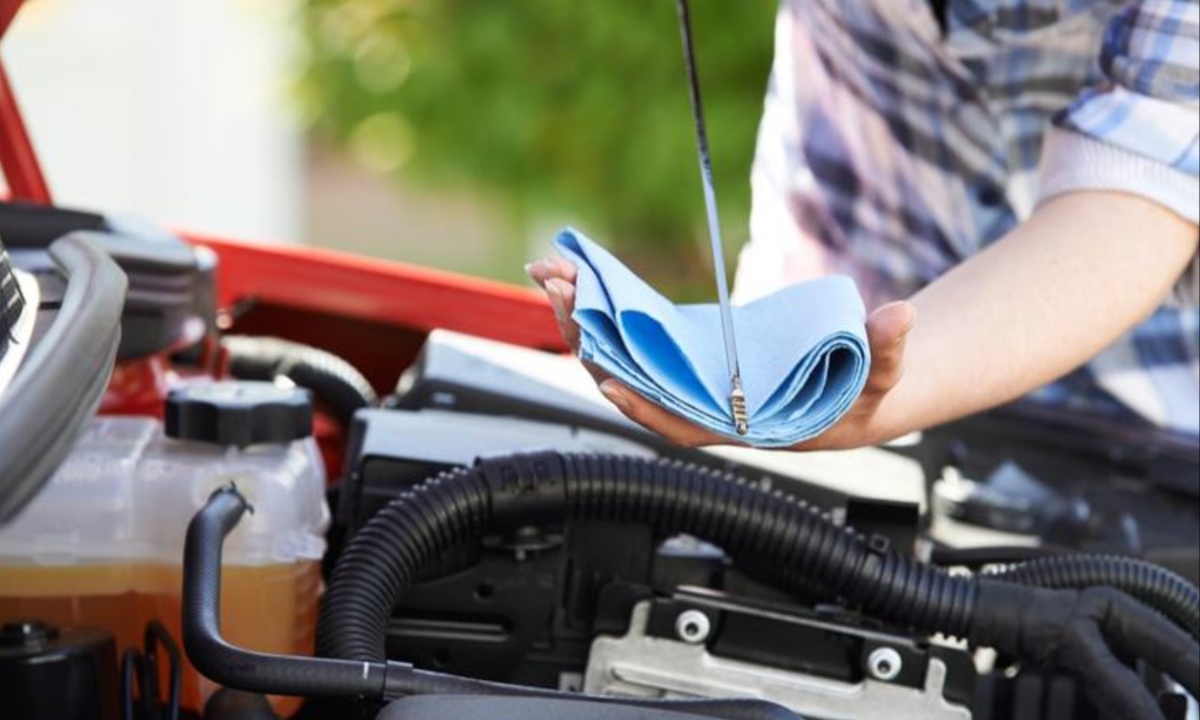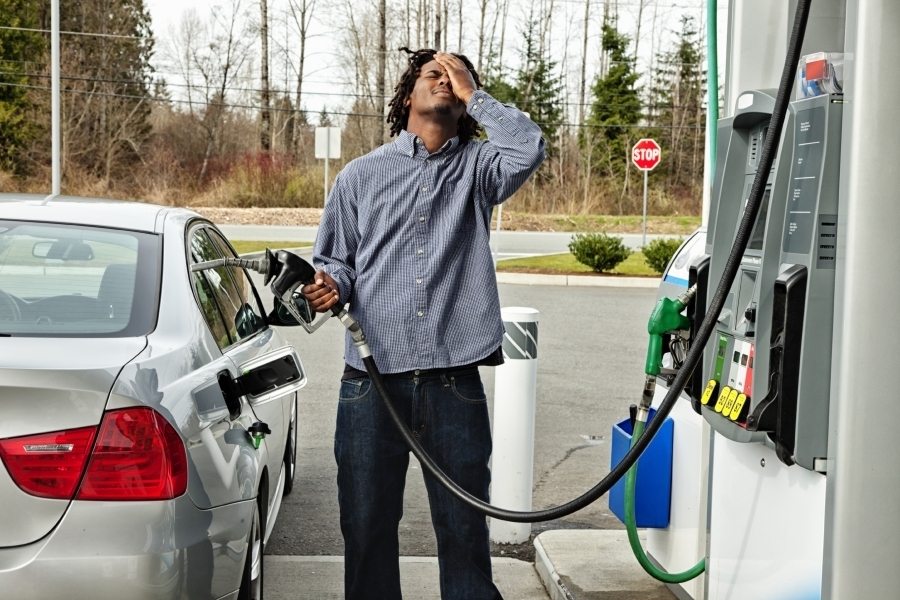Owning a car is a significant financial commitment and one of life’s necessities for many. However, with ownership comes the responsibility of proper maintenance to ensure safety, performance, and longevity. Neglecting essential car care can lead to costly repairs and hazardous situations. This article outlines the top 10 most common car mistakes to avoid.
From improper fueling to ignoring safety recalls, these oversights can compromise your vehicle’s functionality and lifespan. Whether you drive a new or older model, adhering to these guidelines will keep your car in optimal condition and save you money in the long run. Let’s explore these mistakes and learn how to prevent them.
1. Starting Your Car and Driving Off Immediately
Your car’s engine needs time to circulate vital fluids before driving. Immediately hitting the road after starting your car can cause wear and tear. By allowing 30-60 seconds of idle time, you give lubricants the opportunity to reach engine components, ensuring smoother operation and extending engine life. Warm-up time is especially important in colder weather, when fluids may be thicker.
2. Failing to Check Tire Pressure
Properly inflated tires ensure better handling and fuel efficiency. Over-inflated or under-inflated tires wear unevenly, compromising safety and performance. Check your tire pressure regularly, especially at gas stations, and adjust as needed. A simple habit like this can prolong tire life and enhance your driving experience.
3. Changing Oil Too Infrequently
Oil is essential to your car’s engine health. Skipping oil changes leads to dirty or depleted oil, causing inefficient engine operation and potential damage. Follow your car manual’s recommendations, typically every 3,000-5,000 miles. Regular oil changes help maintain your vehicle’s “heartbeat” and overall performance.

4. Driving on Bald Tires
Worn-out tires are a safety hazard, particularly in adverse weather. Bald tires reduce traction and make handling dangerous. Check tread depth annually using the “penny test.” If you can see Lincoln’s head when inserting a penny upside down, it’s time to replace your tires to protect your vehicle and passengers.
5. Ignoring Safety Recalls
Safety recalls are serious and require immediate attention. These manufacturer-issued notices address defects that could cause accidents or injury. Repairs are free, so schedule them promptly. Ignoring recalls compromises your safety and can lead to legal liability in case of an accident.
6. Ignoring Check Engine Lights
Dashboard warning lights are there for a reason. Ignoring them can lead to severe engine damage or expensive repairs. Sometimes, the issue might be minor, like a loose gas cap, but it could also signal critical problems, such as a failing catalytic converter. Address these warnings promptly to avoid escalated costs.
7. Ignoring Strange Noises
Unusual car noises often signal underlying problems. Ignoring sounds like banging, grinding, or whistling can lead to costly breakdowns. Turn down your radio and listen to your vehicle. Address any abnormal noises with a professional inspection to catch issues early.

8. Using the Wrong Fuel
Using fuel inconsistent with your vehicle’s specifications can harm the engine. Manufacturers design engines to run optimally with specific fuel grades. If your car manual recommends premium fuel, use it to maintain engine efficiency and prevent costly damage. Conversely, using higher-grade fuel than required offers no additional benefit.
9. Not Replacing Air and Fuel Filters
Air and fuel filters play critical roles in your car’s performance. Dirty or clogged filters increase your engine’s workload, causing premature wear. Check and replace these filters every six months to improve efficiency and prolong your car’s life. It’s a simple, effective maintenance step.
10. Not Keeping Up with Routine Maintenance
Routine maintenance, like oil changes and filter replacements, prevents major issues. Skipping these basic tasks risks engine damage and reduces your car’s lifespan. Regular upkeep is a small investment that saves significant expenses and ensures your vehicle runs efficiently.
Car ownership demands consistent care to avoid common mistakes that jeopardize safety and performance. From warming up your engine to addressing recalls, proactive maintenance is key. By following these guidelines, you ensure your car’s longevity, safety, and reliability, ultimately protecting your financial investment.

